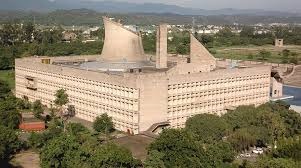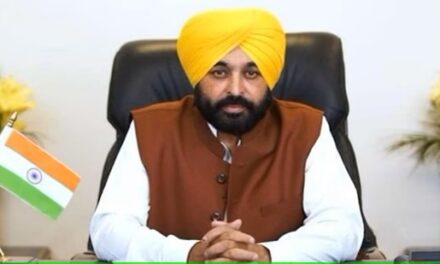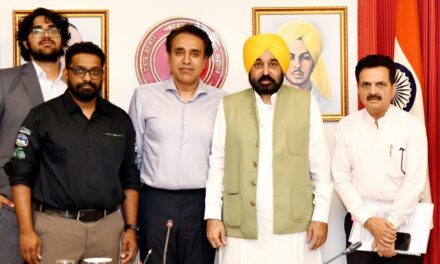The Punjab and Haryana High Court recently took suo moto cognizance of the drying up of water sources and dams around Chandigarh, which is hurting a substantial section of the city’s wildlife population.
In a previous hearing, while taking suo moto cognizance of the issue, Justices GS Sandhawalia and Vikas Bahl stated, “The other issue which we feel would require consideration is how the State will compensate the brave hearts of the villages who have contributed at their own costs by expanding firstly electricity and diesel energy without any support from the State, for supporting the wildlife.”
The Punjab Government presented its reply today before a bench of Chief Justice Sheel Nagu and Justice Vikas Suri.
In the suo moto decision, the Court, referring to a newspaper item, stated that, “It has been brought to our notice that due to high heat in the months of May and June this year, all the water bodies and dams around Chandigarh as such have dried up.
As a result of the lack of water and the drying up of natural resources, a great number of wild animals suffered.”
The aforementioned situation necessitates involvement through Public Interest Litigation, as it is the Court’s responsibility to protect the forest, fauna, and wildlife that thrive in the city, it noted.
“The check dams were built to keep the water level from dropping and to prevent overflow after severe rains, resulting in a flood-like condition. The authorities have a duty to ensure that all mechanisms are in place to ensure that adequate water reserves are available throughout the season, as well as to take adequate steps to de-silt the dams and water bodies mentioned above over time, so that the situation does not repeat,” the Court stated.
The division bench also requested that the State perform an exercise on its own level to determine how many individuals from the Villages contributed to wildlife conservation at their own expense by extending electricity and diesel energy without the State’s support.



